Switching to an electric vehicle could save you almost £1,500 annually in fuel costs - and that’s even with the rising price of electricity.

The advice has been issued by our electric vehicle (EV) experts here at Select Car Leasing, and that headline figure above relates to motorists who cover 8,000 miles per year - around the national average.
But it's important to remember that the key to saving money when driving an EV is charging it at night, at home, via an ‘off peak’ rate.
Our guidance comes after the RAC warned this week that drivers need to brace themselves for petrol prices to hit £2 a litre.
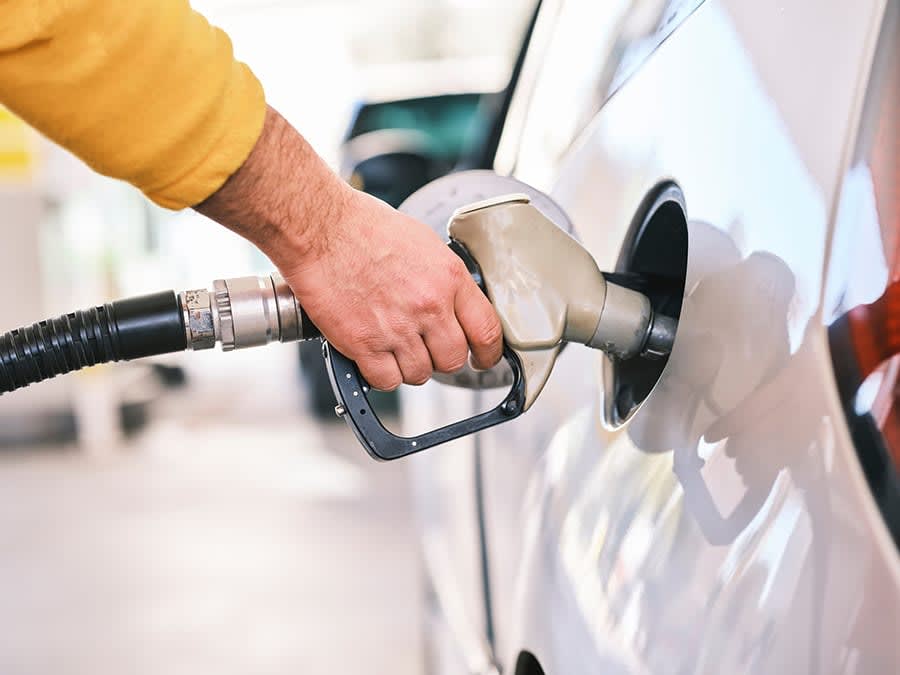
David Lewis, Electric Lead for Select Car Leasing, is urging both current EV owners, or those looking to go electric, to make sure they’re on a low domestic, dual-rate electricity tariff so they can really unlock the benefits of battery power.
David says:
“In the face of an ever-worsening cost of living crisis, we’re all exploring ways to cut down on our monthly bills.
If you’re a motorist who covers lots of miles each year in a petrol or diesel car, and who’s being hit at the forecourts every time you fill up, an electric vehicle will look extremely attractive.
Yes, electricity prices have risen in line with the cost of gas. But despite those increases, driving electric is still far cheaper than fuelling a petrol or diesel car."
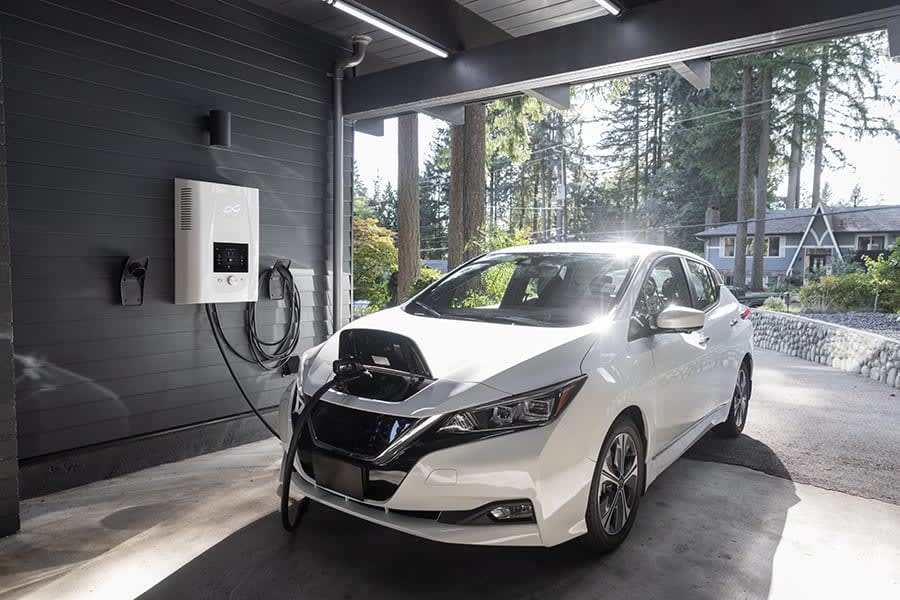
“And it’s crucial for people to understand just how important your home energy tariff is when it comes to truly enjoying the benefits of an EV.
As our calculations show, a low, dual-rate tariff gives you the opportunity to take advantage of particular windows of time, typically at night, where it’s much cheaper to charge your vehicle than at peak times during the rest of the day.
And when you can potentially save so much money, it’s arguably the most important thing to know about EV leasing, or ownership.”
The price of petrol and diesel is currently at an eight-year high, with diesel hitting 185p per litre and petrol rising to 178.5p a litre.
Likewise, the cost of using electric car public rapid-charging points has also increased in recent weeks, with the RAC reporting a 21 per cent rise - to 44.55p per kilowatt hour (kWh) - since September 2021.
Charging at home via an off-peak rate, however, can cost as little as 7.5p per kWh - find our more in our Guide to EV Charging Costs here!
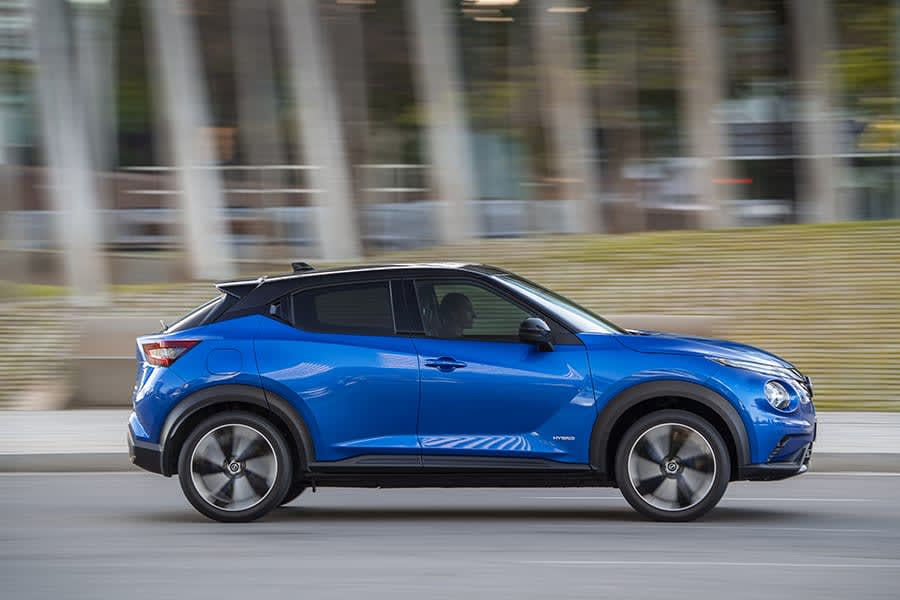
What might a petrol car cost to fuel over 8,000 miles?
The fuel cost comparison put forward by David and the EV team at Select Car Leasing is based on a typical motorist covering 8,000 miles per year in a petrol or diesel car that’ll return around 50 miles to the gallon.
A new Nissan Juke with a 1.0 litre ‘DIG-T 114’ petrol engine will, for example, return a quoted 48 mpg.
So if petrol does rise to £2 per litre as predicted covering 8,000 miles will, on average, cost a motorist around £1,455 every year.
Just how efficient is an electric vehicle?
You can compare the figure, above, to an electric vehicle with a listed efficiency of 3.5 miles per kWh.
Select Car Leasing’s David adds: “That ‘per kWh’ figure tells you how many miles the car will travel on 1 kWh, or unit, of electricity, and it’s the new efficiency yardstick for EVs in the same way that ‘mpg’ is for traditionally-fuelled cars.
“While the miles per kWh stat will vary according to real-life conditions - including the ambient temperature and the speed you’re travelling - it’s a good rule of thumb.”
The Hyundai Kona Electric has a listed efficiency of 4.2 miles per kWh, while the standard configuration Tesla Model 3 is even more efficient at 4.4 miles per kWh.

How much would an electric vehicle cost to charge?
Select Car Leasing calculates that to travel 8,000 miles in an electric car with an efficiency of 3.5 miles per kWh, it’d require 2,286 kWh, or units, of electricity.
On a typical home peak electricity rate of 30p per kWh, driving an electric car for 8,000 miles would cost you around £686 to charge per year.
But by using a low off-peak rate of 7.5p per kWh - an actual price available from a major energy provider at time of writing - that cost comes down as far as just £171 per year.
When compared to the near £1,455 cost of running a petrol engine over the same distance, it represents a saving of £1,284. Running a diesel, with the current price of diesel remaining at 185p per litre, the yearly cost is around £1,346.
David argues: “These aren’t pie-in-the-sky figures, they’re based on real world usage and illustrate just how cost-effective running an electric vehicle can be as long as you make sure you switch to an energy provider that gives you a cheaper off-peak charging rate.
“Octopus Energy, for example, offers a dual-rate tariff that gives you a four-hour period each night where the cost of electricity comes down to 7.5p per kWh.
“That four hour period is enough to put roughly 100 miles of energy into the battery. And if you charge every day during those four hours, you’ll have enough cheap energy to cover 36,500 miles every year - way more than the 8,000 miles quoted in our sums.
“It’s also important to point out that the quoted electric car efficiency of 3.5 miles per kWh can be higher or lower, depending on the make and model of your EV and other factors such as ambient temperature and driving speed.
“But even using a relatively inefficient 2.0 miles per kWh figure for the electric car, the savings are still more than a thousand pounds a year. It just shows how efficient electric cars are in general when compared to combustion vehicles. And these EV efficiencies mean more money in your pocket as well as environmental benefits, too. It’s a win-win situation.”
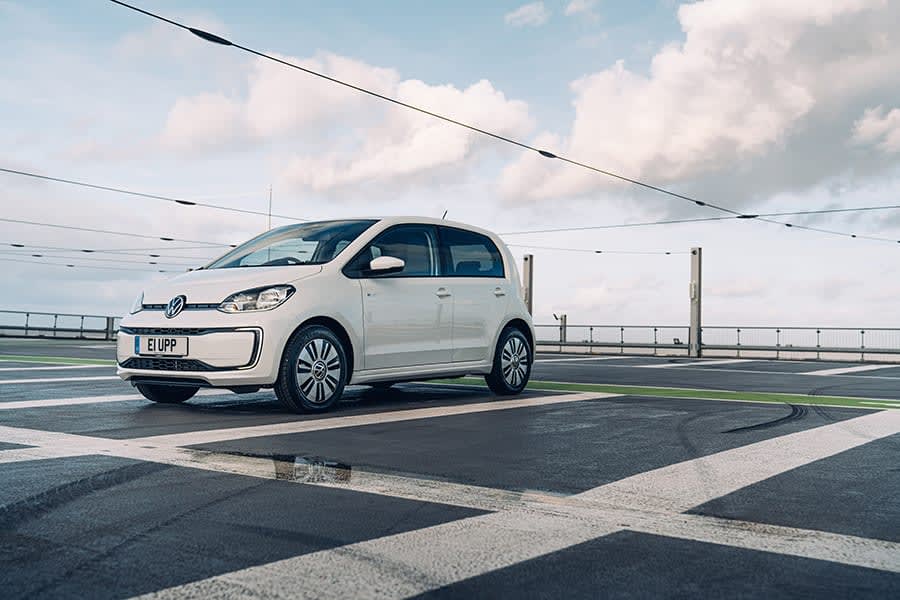
Leasing an electric vehicle could prove cost-effective for motorists
Select Car Leasing points out that purchasing an electric vehicle is not cheap.
The Smart EQ fortwo, for example, is one of the UK’s most affordable electric vehicles, with prices starting at £17,696. A petrol Kia Picanto starts at just £11,810.
Leasing an electric car, on the other hand, costs from around £214 per month with a vehicle such as the Volkswagen e-Up! hatchback at time of writing.
David adds: “If someone was thinking about leasing a car, or perhaps taking out a new lease when their existing contract ends, I’d strongly advise them to explore their electric options, not least because of how many hundreds of pounds they might save each year on fuel costs.
“And the message is clear - even with rising energy prices, driving electric can still be far, far more cost effective than petrol or diesel fuel.
“With a lease contract you also get fixed monthly payments that don’t go up and down - in stark contrast to how other costs might continue to rise for the foreseeable future - there’s no depreciation risk, and because it’s a brand new car covered by a manufacturer’s warranty, you don’t have to worry about unexpected bills.”
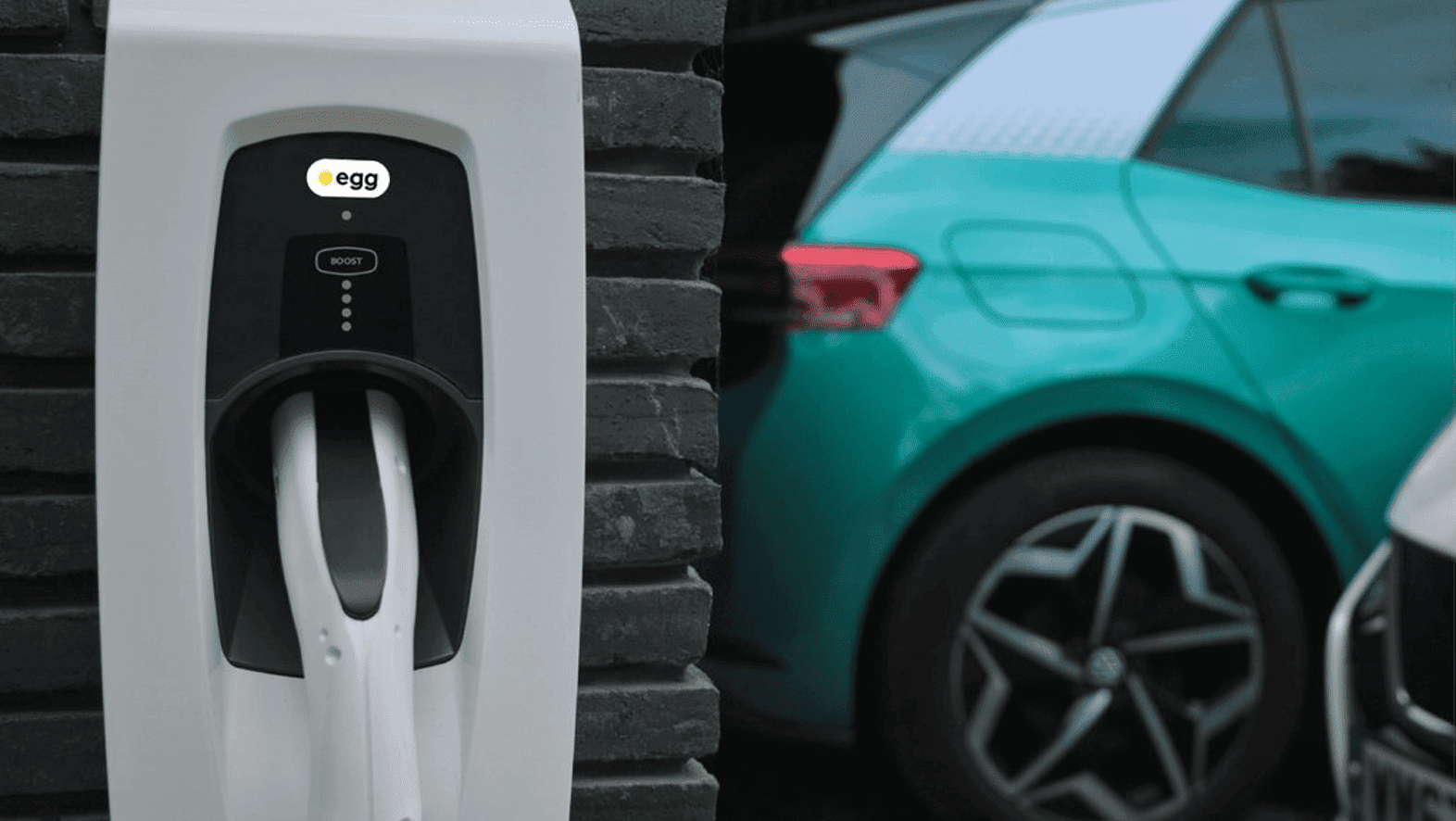
Cost comparison breakdown:
Based on annual mileage of 8,000 per year.
(According to the latest Department for Transport stats, petrol vehicle owners drove on average 5,900 miles in 2020 while diesel motorists covered 8,400)
Petrol Vehicle
Electric Vehicle
Fuel/Energy 200p per litre (as predicted by the RAC) 7.5p per kWh on off-peak charging rate Economy 50mpg 3.5 miles per kWh. Cost per 8,000 miles £1,455 £171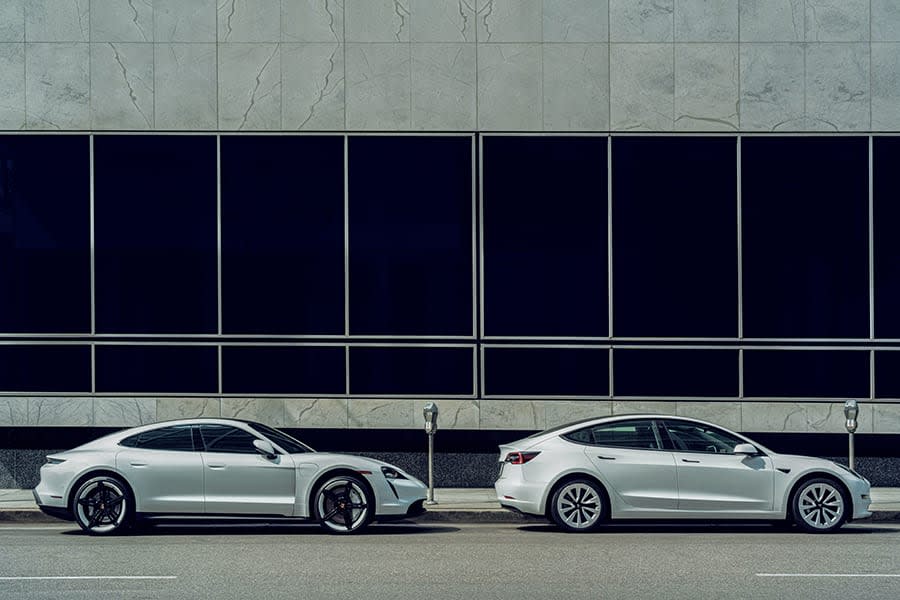
Enjoyed this? Read our latest news:
-
Upcoming Polestar 3 teased ahead of premiere
-
Citroen says ‘Surf’s up!’ with new C3 Rip Curl model
-
Ghost sightings on Britain’s roads revealed
-
New GLC SUV continues a Mercedes-Benz ‘success story’
- Pumped-up version of the Polestar 2 launched
Where To Next?
For all the latest reviews, advice and new car deals, sign up to our newsletter.
Looking for a great leasing deal? Check out our incredible range of special offers.
Read our latest reviews and find the right model for you.
Want to know more about leasing? Take a look at our comprehensive leasing guides.
Interested in everything motoring? Why not catch up on all the latest car leasing news.













